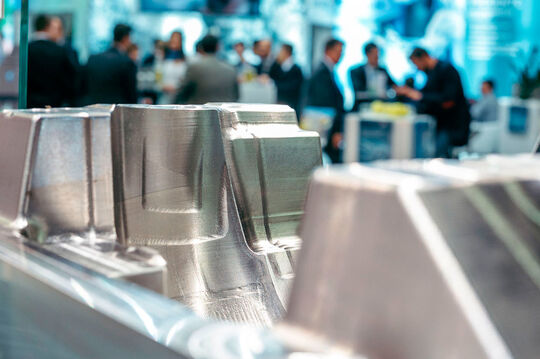When it comes to choosing cookware for your kitchen, two popular options that often come to mind are cast iron and aluminum. Both materials have their own set of advantages and disadvantages, making it important to understand the pros and cons before making a decision. In this article, we will compare the two materials and help you determine which one is most suitable for your cooking needs.
Let\’s start with cast iron. Cast iron cookware has been used for centuries and is known for its durability and even heat distribution. One of the biggest advantages of cast iron is its ability to retain heat. Once heated, it holds the heat for a long time, making it ideal for slow cooking or searing meats. This heat retention also allows for better browning and caramelization of food. Additionally, cast iron cookware can be used on both stovetops and ovens, making it versatile for various cooking methods.
Another benefit of cast iron is its non-stick properties. When properly seasoned, the surface of cast iron becomes naturally non-stick, reducing the need for excessive oil or butter when cooking. This makes it a healthier option for those watching their fat intake. Cast iron cookware is also highly durable and can last a lifetime if properly cared for. It is resistant to scratches and does not warp easily, ensuring that you can enjoy your investment for years to come.
However, there are also some drawbacks to consider when using cast iron cookware. Firstly, it is quite heavy compared to other materials. This makes it less convenient for those who have difficulty lifting or handling heavy objects. Additionally, cast iron requires proper maintenance to prevent rusting. It should be dried thoroughly after each use and seasoned regularly to maintain its non-stick properties. The seasoning process can be time-consuming, which may deter some individuals from choosing cast iron.
Now let\’s move on to aluminum cookware. Aluminum is a lightweight material known for its excellent heat conductivity. It heats up quickly and evenly, allowing for precise temperature control. This makes it ideal for dishes that require quick cooking or delicate heat adjustments. Aluminum cookware is also easy to clean, as it is often dishwasher-safe. Its lightweight nature makes it easier to handle, making it a suitable option for those with physical limitations.
Another advantage of aluminum is its affordability. It is generally less expensive compared to cast iron or other materials, making it a budget-friendly choice for many. Aluminum cookware is also resistant to rust and corrosion, making it low-maintenance and long-lasting. It can withstand high temperatures without warping, ensuring consistent performance over time.

However, there are a couple of drawbacks to consider when using aluminum cookware. Firstly, it is not as durable as cast iron. It can scratch easily, leading to potential health concerns if the scratched surface comes into contact with food. To prevent this, most aluminum cookware comes with a non-stick coating. However, this coating can wear off over time, requiring replacement or reapplication. Aluminum is also reactive to acidic or alkaline foods, which can alter the taste of your dishes if not properly coated.
In conclusion, both cast iron and aluminum cookware have their own advantages and disadvantages. Cast iron offers excellent heat retention, durability, and non-stick properties but can be heavy and requires regular maintenance. On the other hand, aluminum provides quick and even heat distribution, affordability, and easy maintenance but may scratch easily and react with certain foods. Ultimately, the choice between the two will depend on your personal preferences, cooking style, and budget. Consider your needs and weigh the pros and cons before making a decision.
-

- OEM die-casted parts& components
-

- Magnesium alloy die-casting Auto parts Side step Running board
-

- Customized die-casting parts&components
-

- Wholesale Magnesium Alloy Baby Cycle For 3 To 5 Years Old 12 Inch Kids Cycle OEM Cheap
-

- Ultralight suspension fork for MTB
-

- Mangensium alloy die-casting Thixomolding helmet

 0086-750-5616188
0086-750-5616188 +86 13392089688
+86 13392089688 sales@zhongmei-tech.com
sales@zhongmei-tech.com







